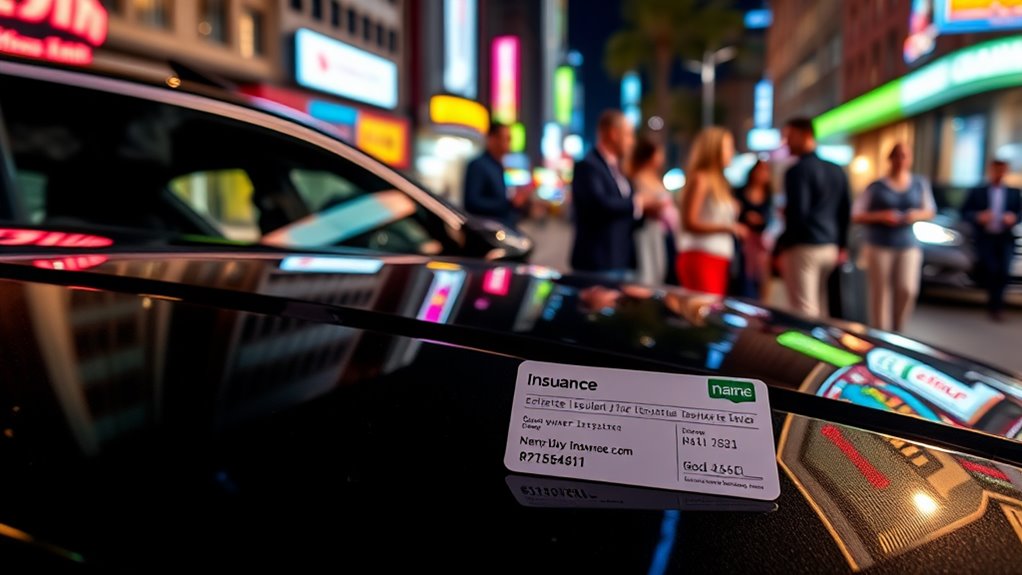What Is Non-Owner Insurance for Visiting Drivers?
Did you know that nearly 25% of drivers in the U.S. don't own a vehicle but still need to get behind the wheel? If you're one of those individuals who occasionally rent or borrow cars, understanding non-owner insurance for visiting drivers is essential. This type of coverage can protect you from financial liabilities in the event of an accident. But how exactly does it work, and is it worth the investment?
When you visit a new city and need to get around, having the right insurance coverage is vital, especially if you don't own a car. One option worth considering is non-owner car insurance. This type of insurance provides liability coverage for individuals like you who occasionally drive or rent vehicles but don't own one. It's designed to protect you financially in case you're at fault in an accident, covering bodily injury and property damage to others.
However, it's essential to recognize that non-owner insurance typically doesn't cover damage to the vehicle you're driving or any personal injuries you might sustain. Access to the site is restricted, which means you may need to explore alternative resources for information on insurance options.
Non-owner insurance provides liability coverage but does not cover damage to the vehicle or personal injuries sustained while driving.
If you frequently rent cars or use car-sharing services, non-owner insurance can be particularly beneficial. It often proves more cost-effective than purchasing rental insurance each time you rent a vehicle, potentially saving you money over time. Additionally, it provides supplementary coverage when using car-sharing services, filling any gaps that might exist in the vehicle owner's insurance policy.
For those who need an SR-22 form but don't own a car, obtaining non-owner insurance is a practical solution. It guarantees you remain compliant with your state's requirements while offering the necessary liability coverage.
The advantages of non-owner insurance extend beyond just compliance and cost savings. By securing this type of policy, you gain financial protection in the event of an accident. It covers damages to other parties, shielding you from costly liabilities. Additionally, it serves as gap coverage, offering supplementary insurance beyond what the vehicle's owner may have, which can be critical in an accident scenario.
This type of insurance is generally more affordable than relying on insurance from rental companies or vehicle owners, making it a smart choice for budget-conscious travelers.
Non-owner insurance policies primarily include liability coverage, which addresses bodily injury and property damage. Some policies may also offer uninsured or underinsured motorist protection, giving you additional coverage against drivers who lack sufficient insurance. Medical payments or personal injury protection (PIP) might be included as well, assisting with medical expenses for you and your passengers.
Though non-owner insurance doesn't cover collision or comprehensive losses for the rented vehicle, it still offers flexibility to accommodate various driving situations.
This insurance is ideal for frequent drivers who don't own vehicles, those who regularly rent cars, and individuals who need an SR-22. Even if you're an occasional driver, non-owner insurance can provide peace of mind. It's designed for anyone who plans to drive vehicles not registered in their name.
To obtain non-owner insurance, you'll typically find it offered by many major insurance companies. You can easily compare quotes online and choose a plan that fits your needs.
Conclusion
In the world of driving, non-owner insurance acts as your shield, much like a knight's armor, protecting you from the unforeseen battles on the road. As you navigate through unfamiliar territories, this coverage guarantees you're not left vulnerable in case of an accident. Just as a traveler carries a map, having non-owner insurance provides peace of mind, allowing you to focus on the journey ahead, knowing you're safeguarded against potential financial pitfalls.
